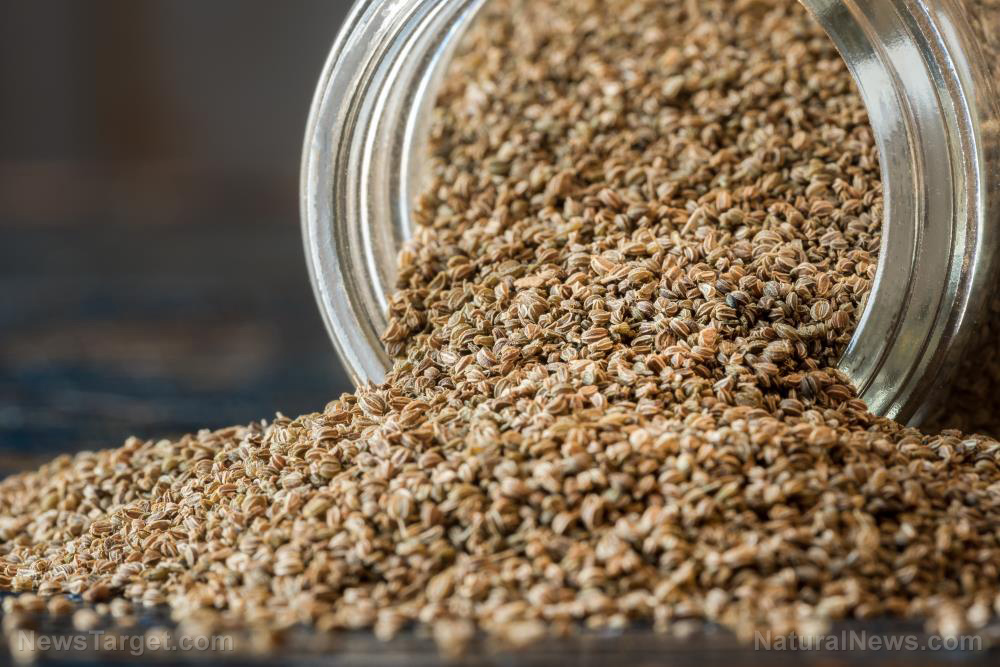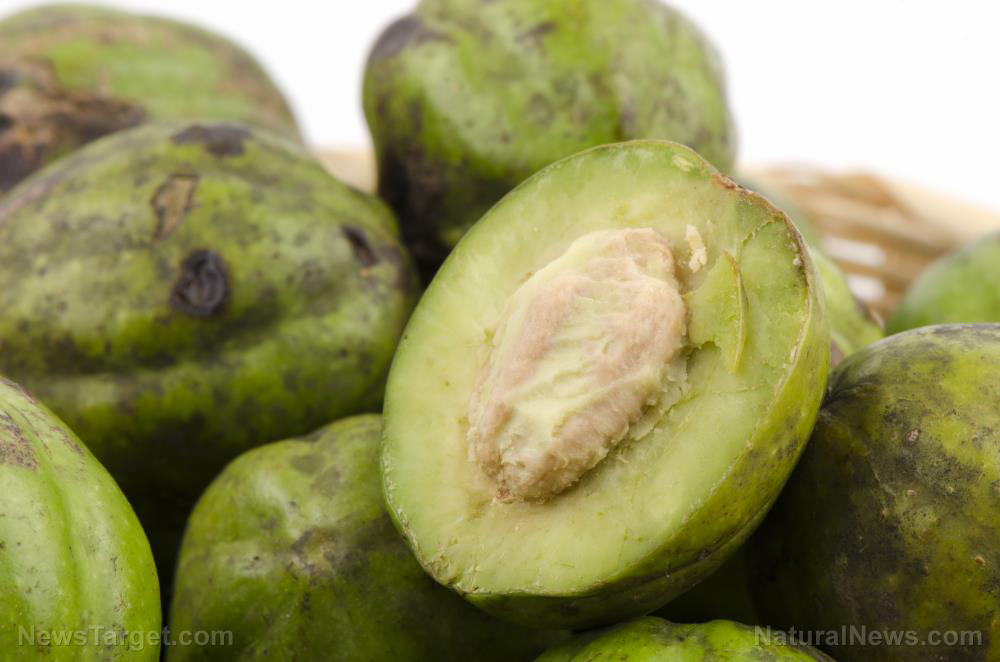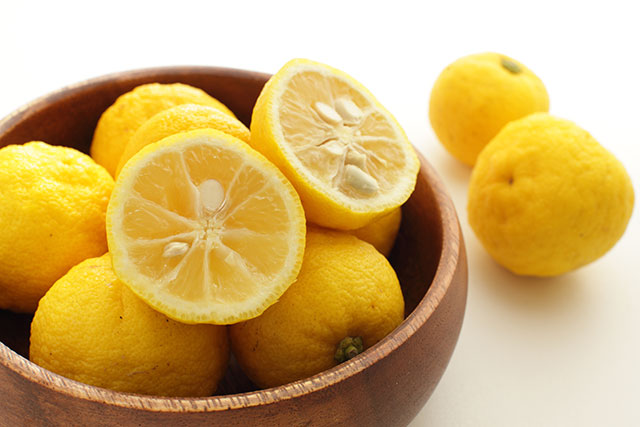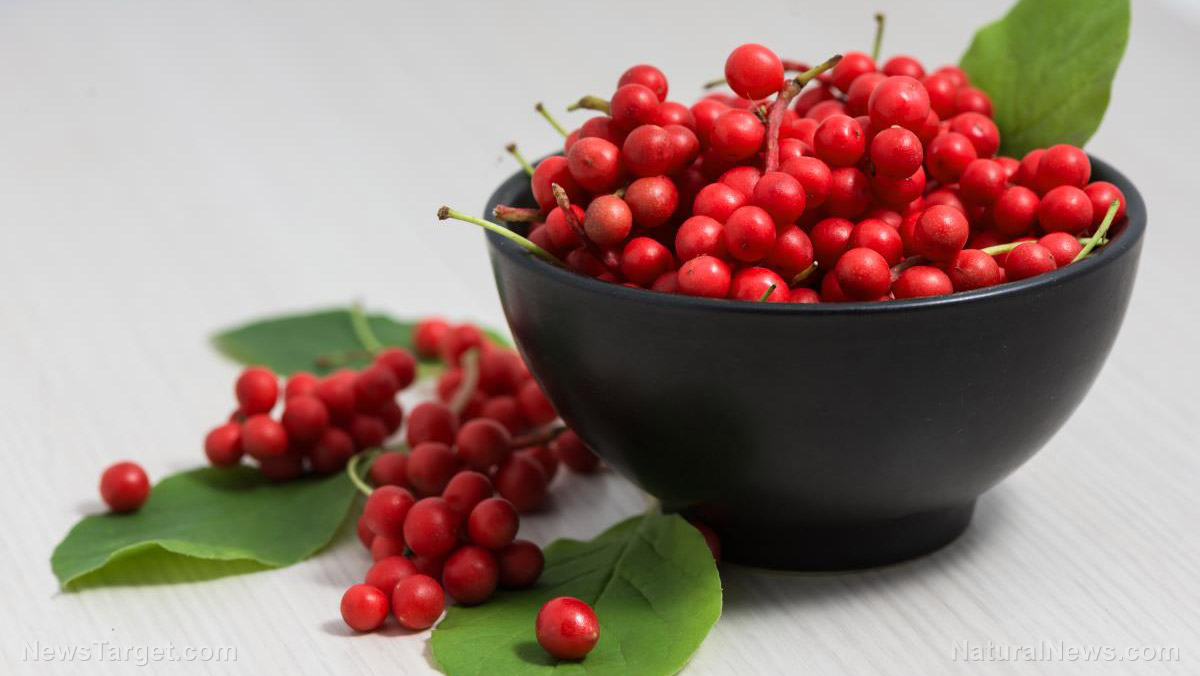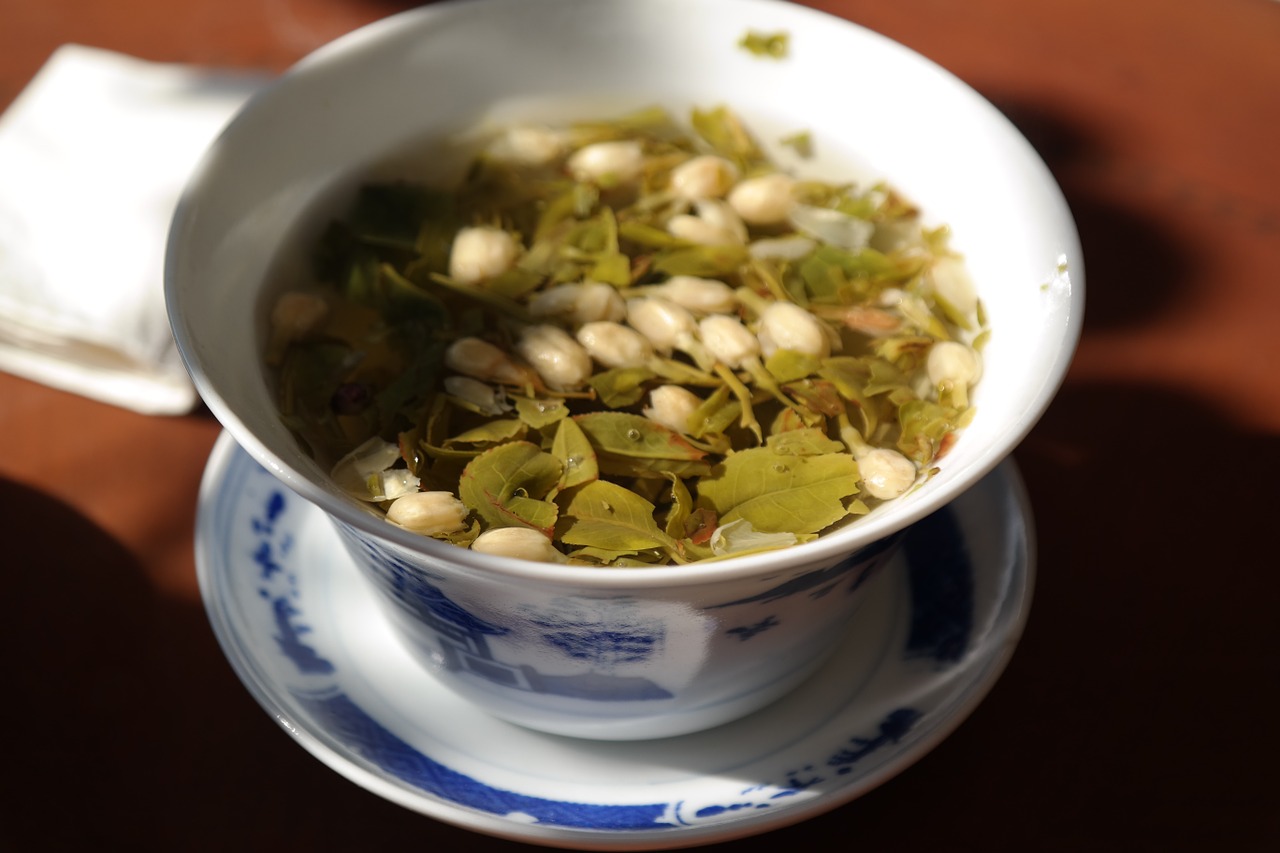Having difficulty getting some shut-eye? This lesser-known superfood “jujube” might help
01/06/2019 / By Ellaine Castillo
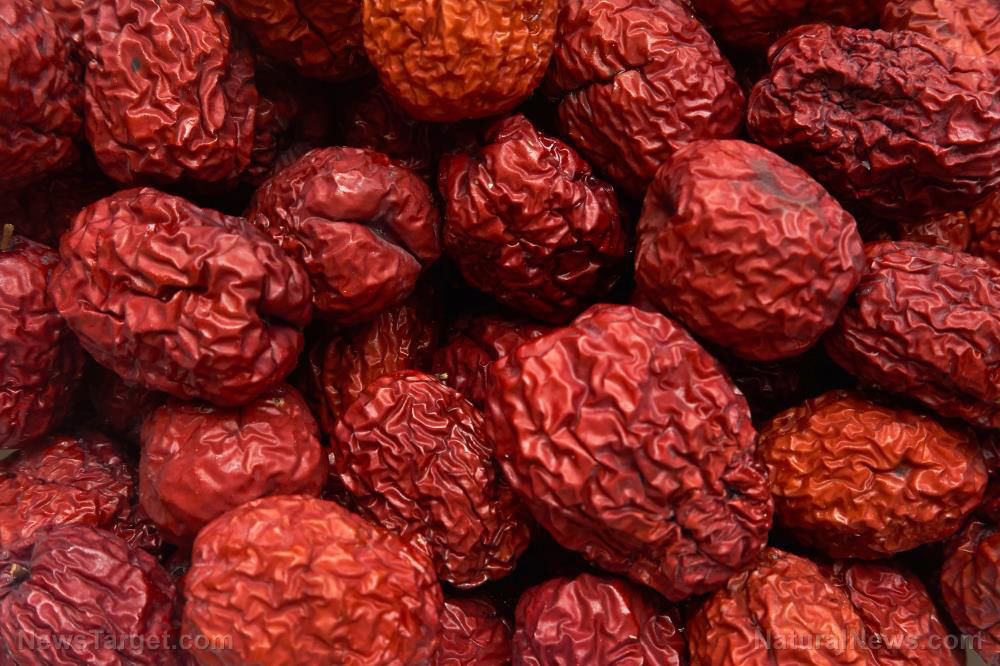
When people hear the word jujube, they often associate it with the brightly-colored gummy candies commonly snacked on at the movies. But few people know that jujube also refers to a nutrient-rich plant which has been used in traditional Chinese medicine for thousands of years.
Jujube (Zizyphus jujuba) is a small shrub-like plant widely found in Asia and Australia, as well as in some parts of Southern Europe and the U.S. It produces a sweet date-like fruit that’s packed with fibers and healthy fatty acids. Moreover, it contains large amounts of vitamins A, C, and B, and minerals, such as iron, phosphorus, and calcium. These compounds contribute to the different health benefits of jujube, which include working as a sleeping aid.
According to the American Sleep Association, 50 to 70 million American adults suffer from sleep disorders, such as insomnia and obstructive sleep apnea. The high incidence of sleep disorders is a significant cause of concern since adequate sleep is necessary for maintaining healthy body functions. People who don’t get seven to nine hours of sleep per night suffer from consequences like poor memory, mood swings, weak immune system, high blood pressure, and weight gain. Moreover, sleep deprivation increases the risk of diabetes and heart disease.
Although there are medications that can be used to promote sleep, these are often associated with side effects like drowsiness, erratic behavior, cancer, and even death. Fortunately, there are natural products like jujube that can work as a sleeping aid without the side effects. This superfood is especially beneficial for people suffering from insomnia and stress- or anxiety-related sleep problems because of its potent sedative effects.
Previous studies have shown that eating jujube increases sleep time. This effect can be attributed to two major phytochemicals found in jujube, namely saponins and flavonoids. These compounds work by altering the production of the neurotransmitters gamma-aminobutyric acid (GABA) and serotonin. A specific saponin found in jujube called jujuboside A reduces brain activity in the hippocampus that interferes with sleep. Moreover, flavonoids like spinosin promote sleep by lowering serotonin levels in the body and increase the amount of time spent in the restorative stages of sleep, which are slow-wave and rapid eye movement (REM) sleep.
Other health benefits of jujube
If you’re looking for more reasons to include the jujube fruit in your diet, here are some more of its health benefits:
- Jujube promotes healthy digestion — Practitioners of traditional Chinese medicine commonly use jujube as a natural remedy for gastrointestinal problems like bloating, stomach pain, and constipation. It also prevents excessive production of gastric acid, which can contribute to the formation of stomach ulcers.
- Jujube improves metabolic health — Unlike jujube candy, the fruit is beneficial for patients with diabetes since it can lower blood sugar levels. Moreover, jujube reduces obesity risk by preventing fats from accumulating in the body.
- Jujube reduces the risk of heart problems — This superfood has potent antioxidant and anti-inflammatory properties that protect against cardiovascular diseases. The saponin content of jujube also promotes heart health by lowering total cholesterol levels and increasing the amount of good cholesterol present in the blood.
- Jujube boosts the immune system — Inflammation and oxidative stress weaken the immune system and consequently increase the risk of infectious diseases. Fortunately, jujube is rich in saponins, flavonoids, and polysaccharides which have antioxidant and anti-inflammatory properties.
- Jujube protects against cancer — The bioactive compounds present in jujube, which includes saponins, flavonoids, antioxidants, and triterpenoids can slow down tumor growth and kill some types of cancer cells. (Related: A superfood most people have never heard of: Jujube fruit programs cancer cells to kill themselves.)
For more articles about the health benefits of various superfoods, visit Superfoods.news.
Sources include:
Tagged Under: calmness, flavonoids, fruits, GABA, jujube, jujubosides, Neurotransmitters, saponins, Sedative, serotonin, sleep quality, sleeping aid, spinosin, Zizyphus jujuba


